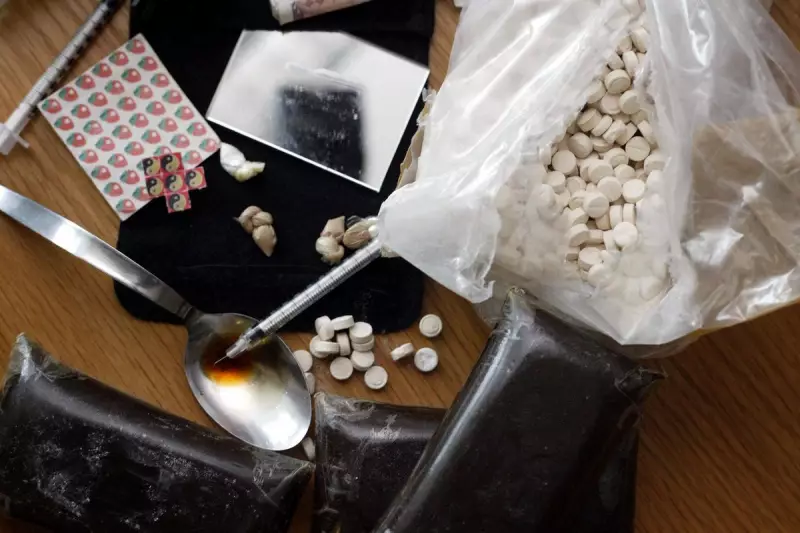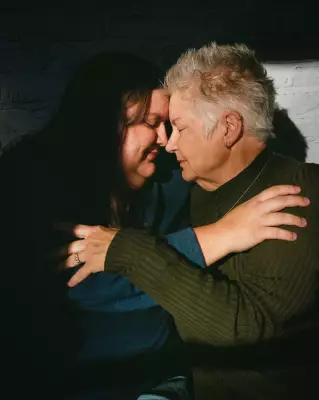
Shocking new data has revealed a staggering 15-year life expectancy gap within a single Scottish local authority, painting a devastating picture of health inequality across the nation.
The National Records of Scotland's report shows that men in the most deprived areas of Inverclyde have an average life expectancy of just 68 years, while those in the most affluent parts can expect to live to 83. For women, the gap is nearly 12 years - from 76 to 87.6 years.
A Tale of Two Inverclydes
This dramatic disparity highlights what experts are calling a "health crisis" driven by deep-seated socioeconomic factors. The report identifies poverty, poor diet, substance misuse, and mental health challenges as primary contributors to the shortened life spans in deprived communities.
Inverclyde now records the lowest healthy life expectancy for males in all of Scotland at just 54.1 years, meaning many spend their final decades in poor health.
National Picture Reflects Deep Inequalities
The crisis extends beyond Inverclyde, with the report showing a 13-year life expectancy gap between Scotland's most and least deprived areas nationally. Glasgow City, West Dunbartonshire, and North Ayrshire also show significant disparities.
Daniel Burns, head of vital events statistics at National Records of Scotland, stated: "These statistics show the sharp contrast in health outcomes between people living in our most and least deprived areas."
Government Response and Calls for Action
The Scottish Government has acknowledged the report's findings, with a spokesperson emphasizing their commitment to addressing poverty and improving health outcomes through various initiatives including social security benefits and fair work policies.
However, campaigners argue that more urgent and targeted action is needed to address what represents one of Scotland's most pressing social justice issues.





